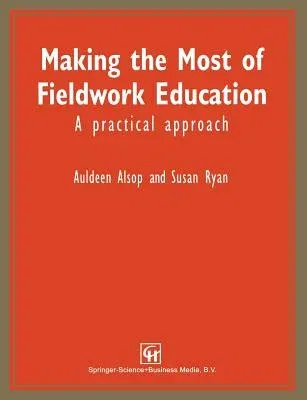Fieldwork education, which combines work-based learning and assessment,
has a pivotal place in professional education. It provides a precious
opportunity to inte- grate the art, science and ethical practice of
Occupational Therapy. The therapeutic milieu is also the most
appropriate but difficult setting in which to judge 'compe- tence to
practise'. Yet fieldwork education has not received the attention,
resources, research and status it deserves. This is why this book is so
important. The focus upon the students' experience reflects the central
tenet of the book: the responsibility, challenge and pleasure of
life-long learning. The book covers the whole spectrum of fieldwork in a
way which will be of interest to academic and fieldwork educators too.
This is achieved through a striking balance between reas- suring,
practical advice and scholarliness. The reader is encouraged to enter
into current debates, engage in inter-disciplinary and international
comparisons and appreciate the tensions between professional issues and
organizational contexts. The insights into the logistical, political and
educational factors which contribute to the theory-practice gap are
noteworthy. In my view, the authors have produced an excellent
introduction to fieldwork education, and especially to the complexities
of clinical reasoning which is a vital component of initial and
continuing competence for many professions. I hope the book will enhance
the effectiveness of fieldwork education and thus the quality of health
and social care.


